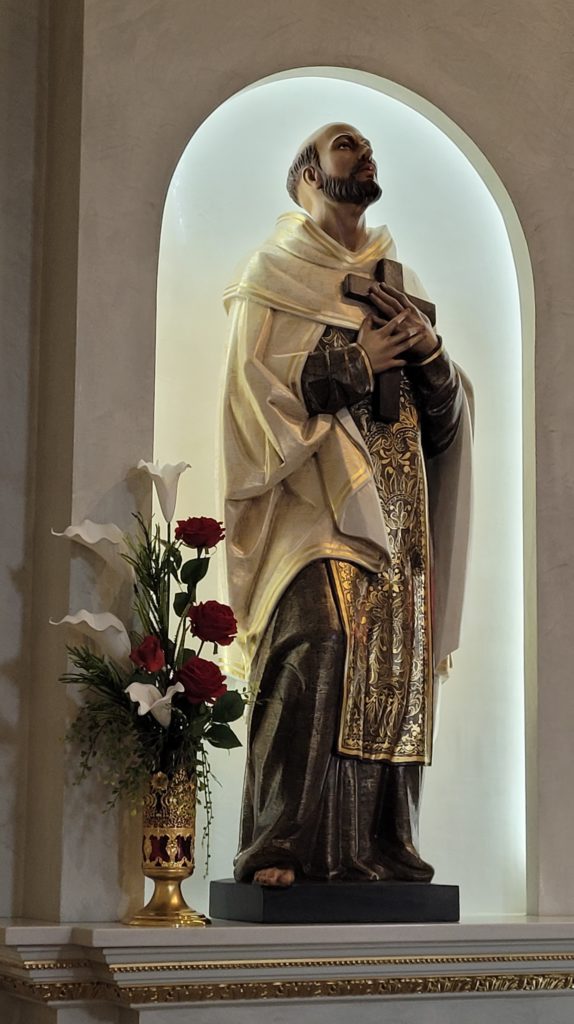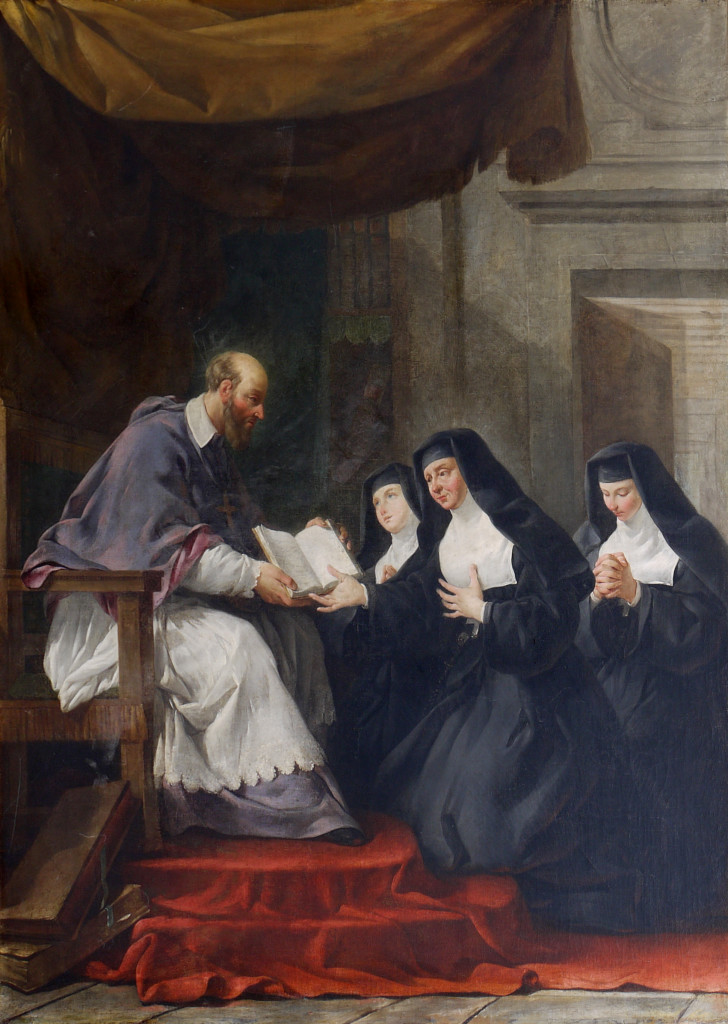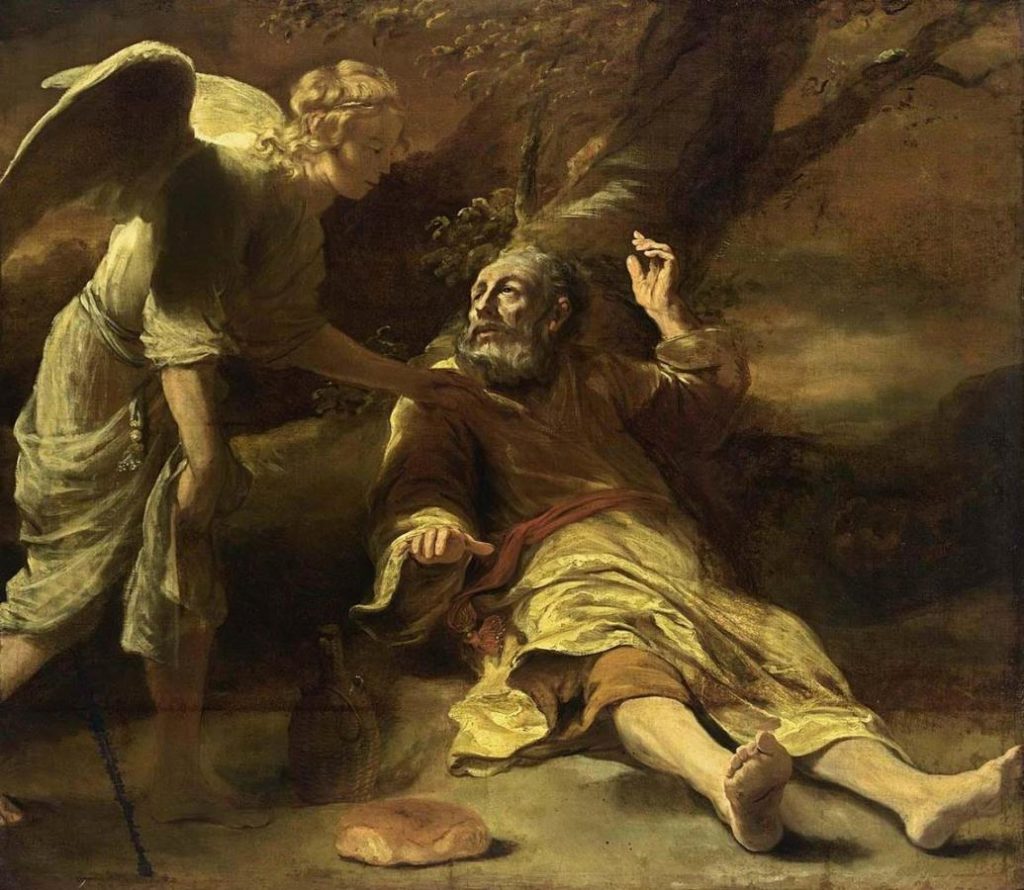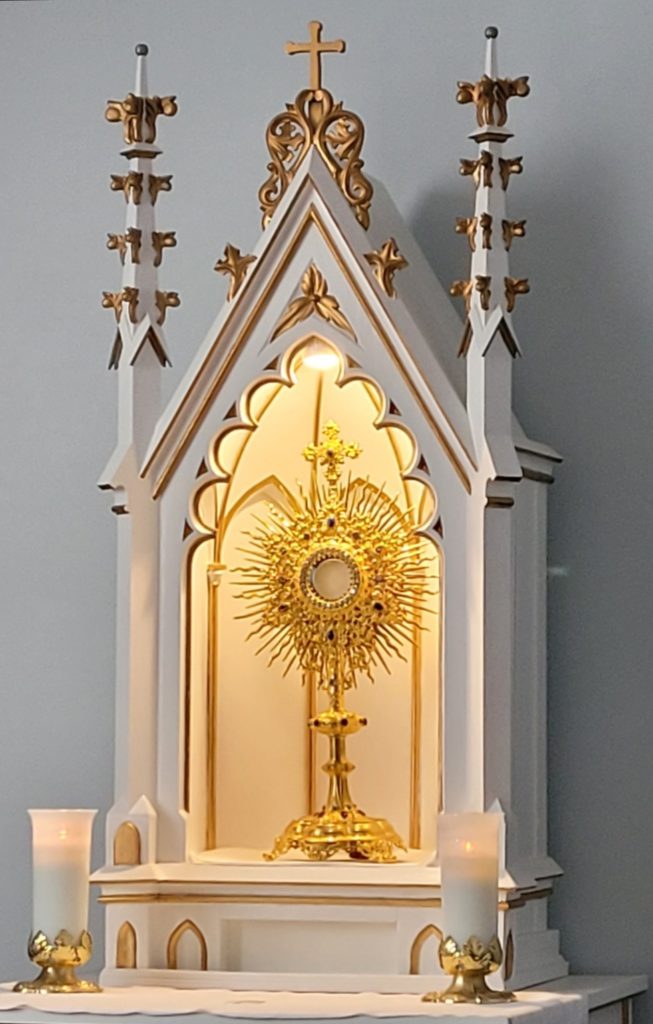I bought something at the auction as well, namely the little carved wooden crucifix from Nuremberg and all the remaining sheets and tablecloths of that fine and beautiful linen. My wife and I own the linens to this day, and have used them very rarely. We keep them to commemorate the fact that the parson saved these things out of a profound abiding and tender emotion and never used them. Now and then my wife has the linens washed and ironed, delighting in their indescribable immaculate beauty, and then the folded things are tied with the old faded red silk ribbons, which have survived, and are put back in the closet. —Adalbert Stifter ‘Motley Stones’








Recent Comments